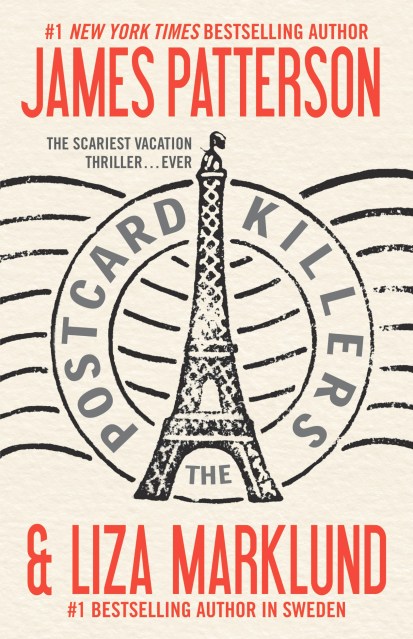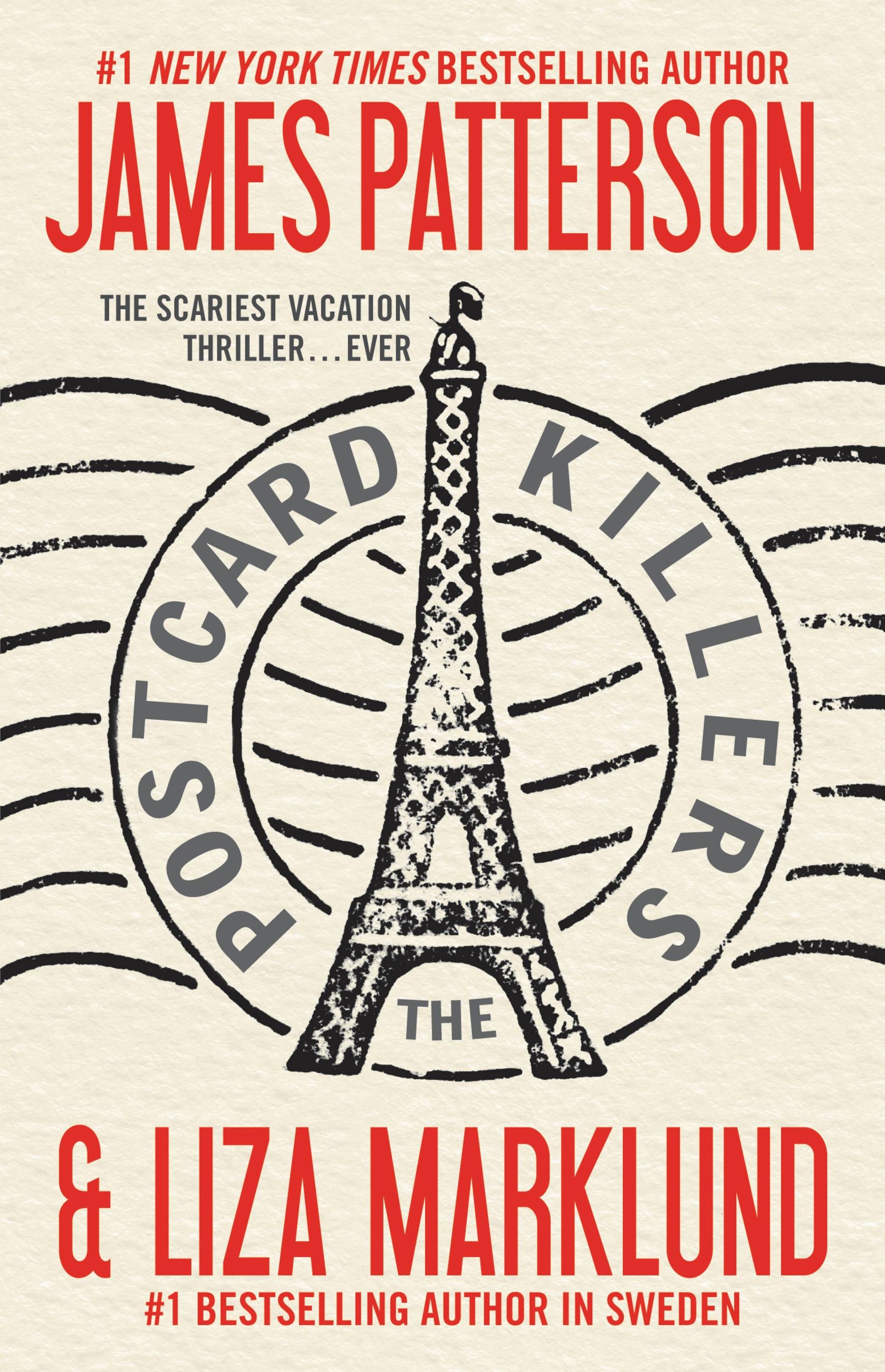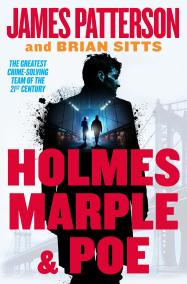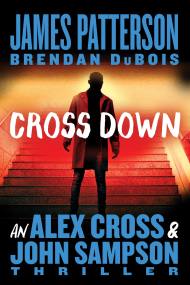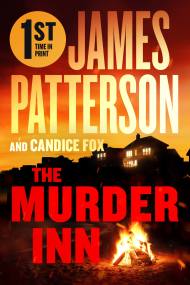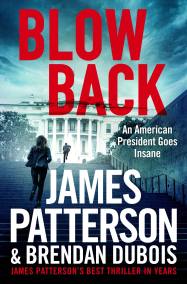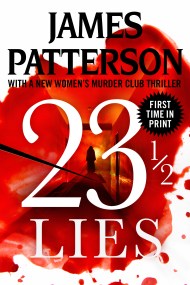By clicking “Accept,” you agree to the use of cookies and similar technologies on your device as set forth in our Cookie Policy and our Privacy Policy. Please note that certain cookies are essential for this website to function properly and do not require user consent to be deployed.
The Postcard Killers
Contributors
By Liza Marklund
Formats and Prices
- On Sale
- Jul 12, 2011
- Page Count
- 464 pages
- Publisher
- Grand Central Publishing
- ISBN-13
- 9780446569941
Price
$19.99Price
$25.99 CADFormat
Format:
- Trade Paperback $19.99 $25.99 CAD
- ebook $9.99 $12.99 CAD
- Hardcover (Large Print) $43.00 $54.00 CAD
- Hardcover $41.00 $52.00 CAD
- Audiobook Download (Unabridged)
- Mass Market $10.99 $13.99 CAD
This item is a preorder. Your payment method will be charged immediately, and the product is expected to ship on or around July 12, 2011. This date is subject to change due to shipping delays beyond our control.
Buy from Other Retailers:
Now a movie on Netflix titled The Postcard Killings!
NYPD detective Jacob Kanon is on a mission: to track down his daughter’s killer, in this riveting novel from the world’s #1 bestselling author.
NYPD detective Jacob Kanon is on a tour of Europe’s most gorgeous cities. But the sights aren’t what draw him—he sees each museum, each cathedral, and each cafe through the eyes of his daughter’s killer.
Kanon’s daughter, Kimmy, and her boyfriend were murdered while on vacation in Rome. Since then, young couples in Paris, Copenhagen, Frankfurt, and Stockholm have been found dead. Little connects the murders, other than a postcard to the local newspaper that precedes each new victim.
Now Kanon teams up with the Swedish reporter, Dessie Larsson, who has just received a postcard in Stockholm—and they think they know where the next victims will be.
With relentless twists and unstoppable action, The Postcard Killers may be James Patterson’s most vivid and compelling thriller yet.
NYPD detective Jacob Kanon is on a mission: to track down his daughter’s killer, in this riveting novel from the world’s #1 bestselling author.
NYPD detective Jacob Kanon is on a tour of Europe’s most gorgeous cities. But the sights aren’t what draw him—he sees each museum, each cathedral, and each cafe through the eyes of his daughter’s killer.
Kanon’s daughter, Kimmy, and her boyfriend were murdered while on vacation in Rome. Since then, young couples in Paris, Copenhagen, Frankfurt, and Stockholm have been found dead. Little connects the murders, other than a postcard to the local newspaper that precedes each new victim.
Now Kanon teams up with the Swedish reporter, Dessie Larsson, who has just received a postcard in Stockholm—and they think they know where the next victims will be.
With relentless twists and unstoppable action, The Postcard Killers may be James Patterson’s most vivid and compelling thriller yet.
Genre:
-
APPLAUSE FOR JAMES PATTERSON
-
"The Man Who Can't Miss"Lev Grossman, Time
-
"Patterson boils a scene down to the single, telling detail, the element that defines a character or moves the plot along. It's what fires off the movie projector in the reader's mind."Michael Connelly
-
"Patterson's novels are sleek entertainment machines, the Porsches of commercial fiction, expertly engineered and lightning fast."Publishers Weekly
Newsletter Signup
By clicking ‘Sign Up,’ I acknowledge that I have read and agree to Hachette Book Group’s Privacy Policy and Terms of Use
